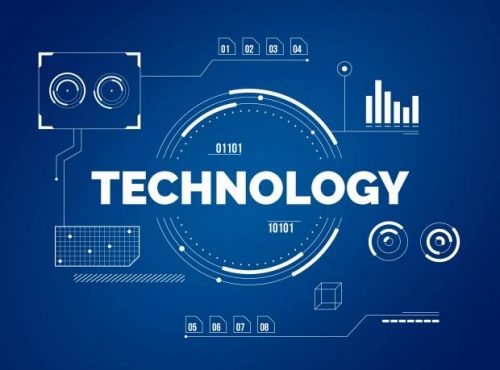
For a long time now, technology has been changing the world as we know it. Life has become relatively easier, thanks to the contribution of science and technology that has reshaped how we go about our daily activities. However, there are still lots of technological ideas and innovations that are available for exploration. These ideas will further shape the world and human lives in the future.
How Technological Innovations Has Improved Our Lives
In the past quarter-century, technology has enormously changed the world. One of the most significant innovations in that time is the Internet. This invention eradicated the ancient means of communication, created easy access to information, and made several activities easy to perform. With an Internet-enabled device, you can accomplish a lot of things from the comfort of your home.
Remote work is now a possible option for organizations as a result of the invention of the internet. Workers can complete their tasks and effectively aid in the company’s growth without reporting to a physical office. Lovers of casino games don’t have to travel down to the next casino spot before playing their favorite game. The Internet has provided the option of playing casinomax online without compromising the thrill of playing in a physical casino. Also, funding the accounts and withdrawing winnings can be quickly done, as some online casinos accept digital cryptocurrencies.
Another great innovation is the creation of digital cryptocurrencies. The most prominent digital currency so far is bitcoin. The introduction of bitcoin and other cryptocurrencies has made transactions easier, regardless of the distance between the people engaging in the transaction. Bitcoin is an acceptable means of payment for various companies. As such, it is easier to perform transactions online without having to go to the bank.
Technology Ideas To Expect In The Future
In the next couple of years, quantum computing will have expectedly become more advanced, and first-generation commercial devices will be equipped enough to tackle real-life problems. This development will have adverse effects across different industries. For example, in the automotive sector, quantum chemistry calculation will help fight climate change by creating materials with suitable properties that will suppress emissions.
Another technology prediction that can help shape the future is using artificial intelligence to improve medicine and healthcare. The current process of developing pharmaceuticals is dependent mainly on trial and error. This process is expensive and time-consuming. Artificial intelligence is a tool powerful enough to extract more knowledge from medical data at an exceptional level. Employing this method in the future will help create better ways to manage cancer and other chronic disorders.
Conclusion
As the world evolves due to science and technology, it is imperative to keep up with the new trends. That way, you can get to maximize the benefits that come with every technological advancement. While it is okay to choose to do some activities the traditional way, technology has presented you with the opportunity of doing these activities in better ways and in even less time.
Interesting Related Article: “Influence of Technology on the Gambling Industry”

